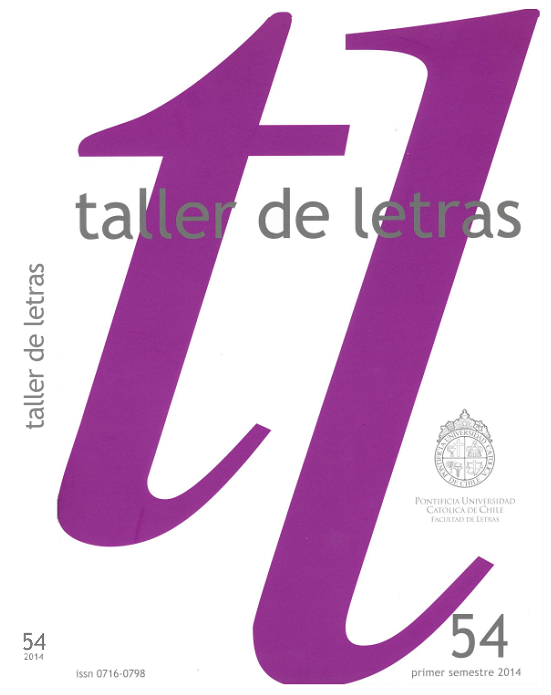Imagination - Identification - Imitation. Don Quijote, Ignacio de Loyola and the Jesuit Spirituality
Main Article Content
Abstract
In Miguel de Cervantes' novel Don Quijote the protagonist constantly changes between opposing stages of madness and genius. Although countless interpretations of this ambivalence so characteristic for Cervantes' classic exist, an aspect of the novel that has been thoroughly neglected is the influence of a religious discourse of great importance for the period of Counter-Reformation: the Jesuit spirituality and its ascetic fundament in San Ignacio de Loyola's Ejercicios espirituales (1548), In this article the decisive role of Jesuit asceticism in Cervantes' Don Quijote will be analyzed on different levels. Firstly, the narrative structure and the construction of the novel's plot are obviously inspired by the autobiography of San Ignacio. Secondly, the protagonist's insanity is caused and his perception of the outer world formed by the identification with literary fiction - a process that points to meditation techniques conceived by Ignacio de Loyola in his Ejercicios. Finally, by using these parodistic references Cervantes stages an excessive proliferation of meaning that Walter Benjamin understands as characteristic semiotic trait of the Baroque.
Downloads
Article Details

This work is licensed under a Creative Commons Attribution-NonCommercial-ShareAlike 4.0 International License.

